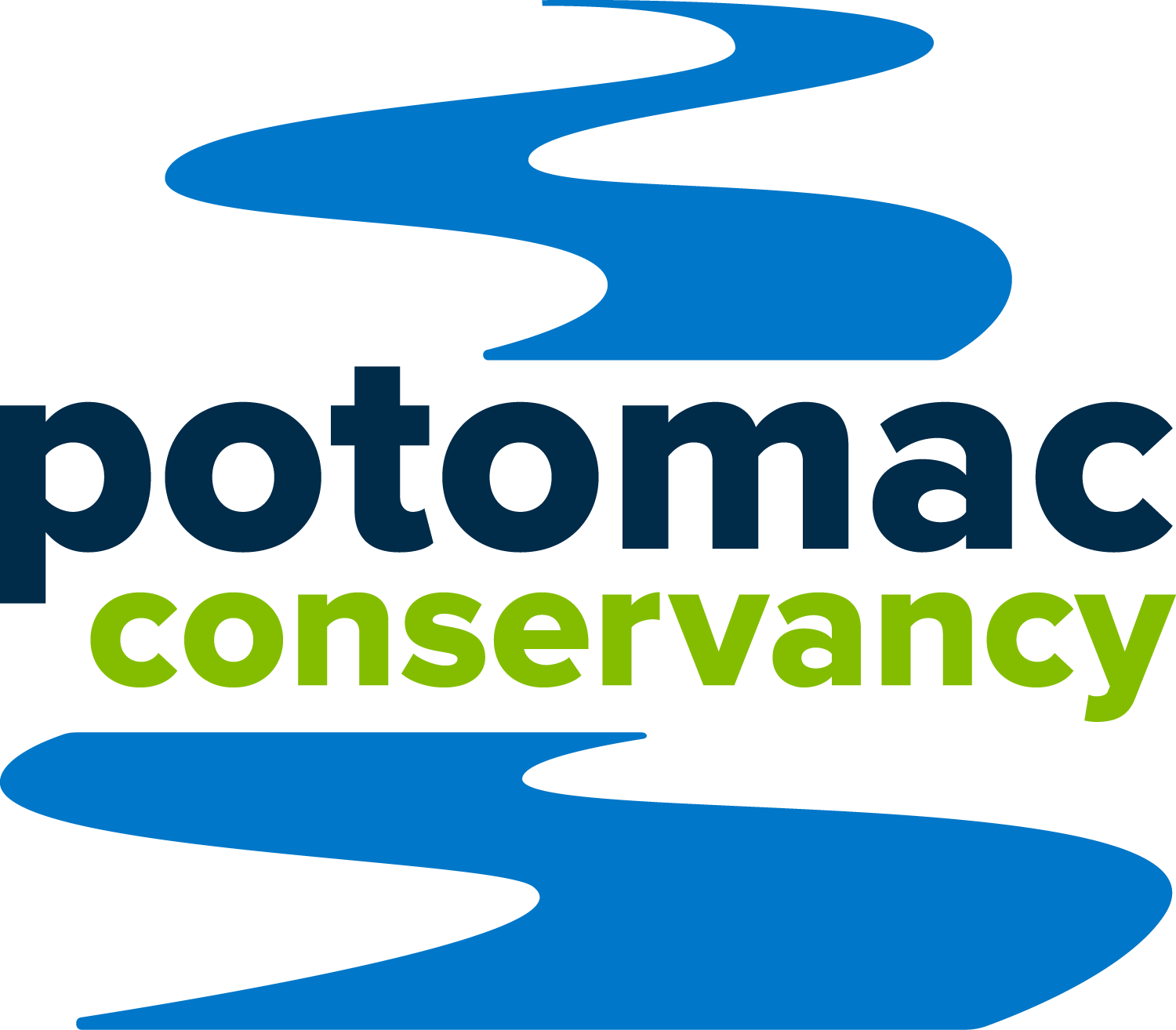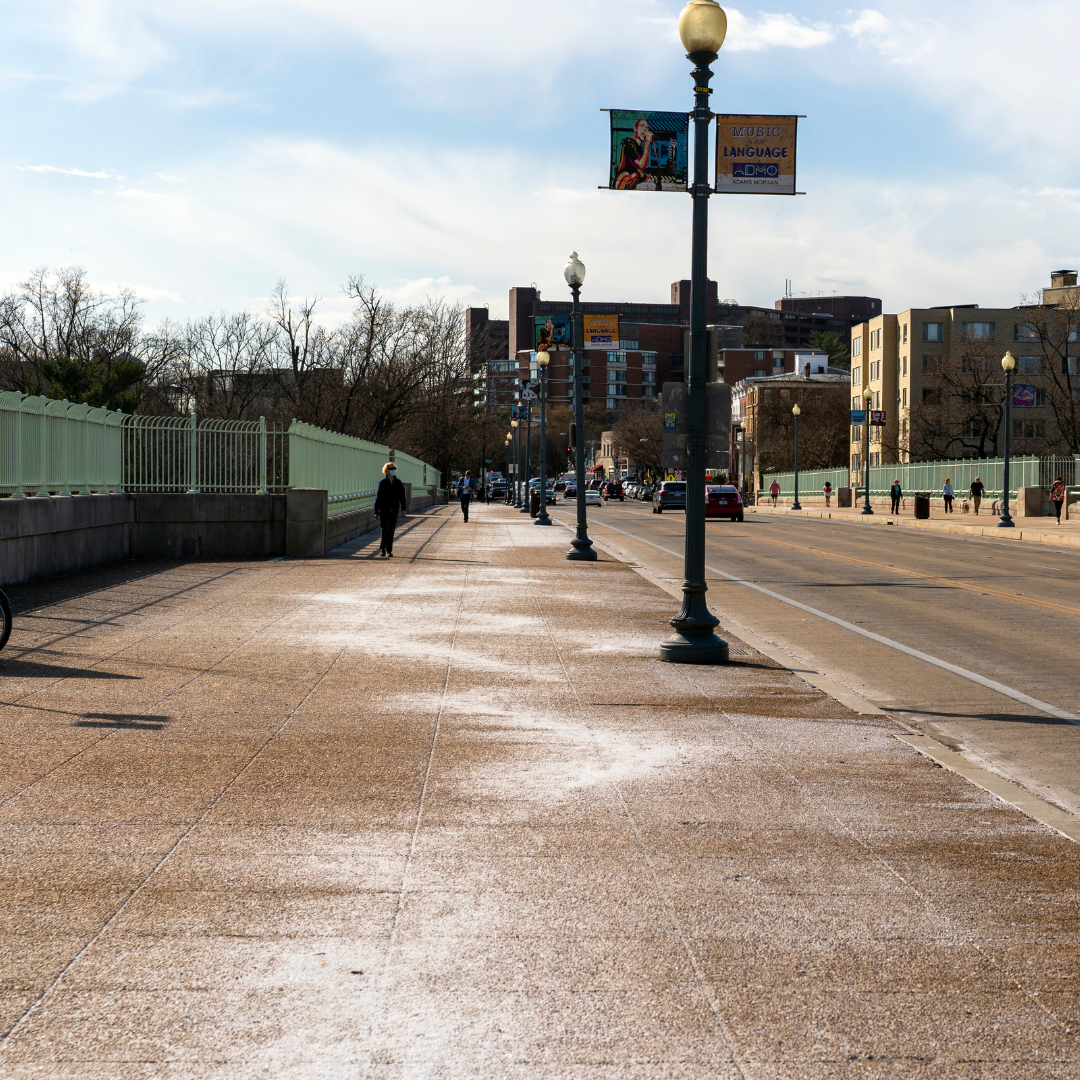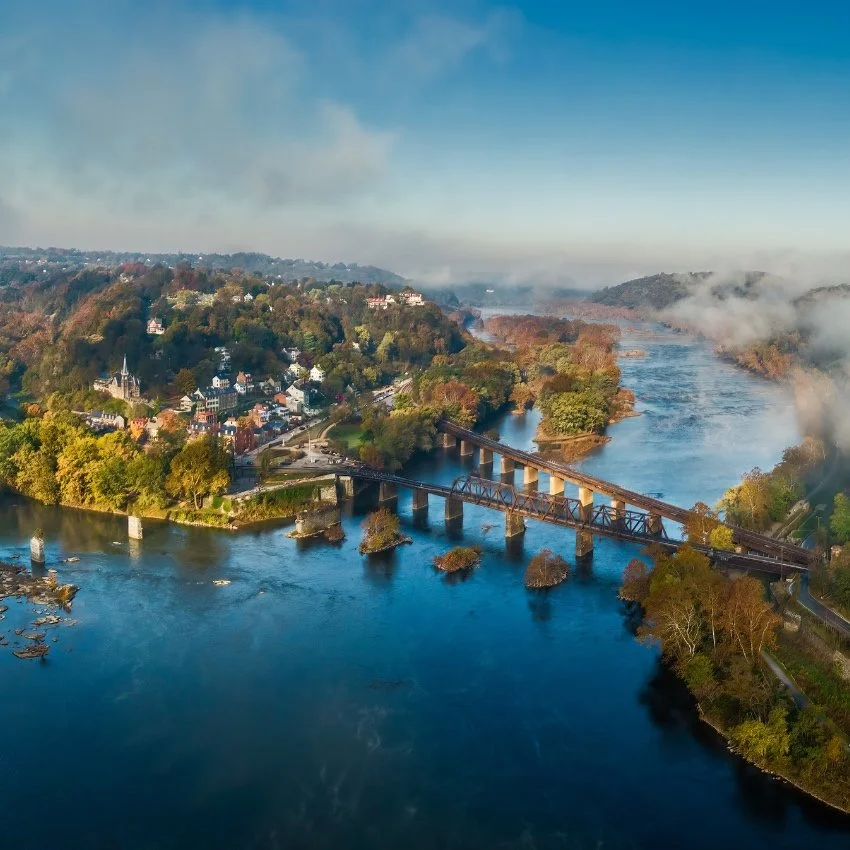Latex Chemical Spill in the Potomac: What You Need to Know
/The Latest News on the Chemical Spill in the Potomac River's North Branch
North Branch Potomac, September 24, 2015. Image property of Cumberland Times-News.
On September 23, 2015, nearly 10,000 gallons of a latex chemical used to coat paper products spilled into the Potomac River's North Branch over a four-hour period of time. The chemical, styrene-butadiene, is not listed as a hazardous chemical by the Occupational Safety and Health Administration (OSHA).
The incident occurred at the Verso paper mill in Luke, Maryland, located in Allegany County. Officials with the Maryland Department of the Environment (MDE) report that the spill does not pose a health threat, and no fish kills have been observed. The latest water samples analyzed by MDE have not contained harmful chemicals, and the spill is believed to have moved past the Washington DC metropolitan area. The incident remains under investigation, and the latest developments can be seen below.
Thank you to ICPRB, Potomac Riverkeeper Network, and West Virginia RIvers Coalition for providing information and updates as they become available. We will continue to provide updated information from partners and the Maryland Department of the Environment.
The Latest News
November 9 — The Cumberland Times News reports that officials with the Maryland Department of the Environment (MDE) have not yet decided whether to take enforcement action against the Verso paper mill responsible for the spill.
October 12 — An inspector with the MDE is recommending enforcement action against Verso, the company responsible for the spill. If MDE decides to take enforcement action the company could be fined up to $10,000.
October 6 — MDE tests have found no trace of the styrene or butadiene in water samples. The investigation into the spill remains ongoing, and MDE has created a website where the public can view the results of water sample tests. MDE confirms the spill poses no heath risk.
October 1 — Shepherdstown, West Virginia, shut down its Potomac River intake and will use an emergency water source until October 9 to avoid the spill. Though MDE has not found either styrene or butadiene in water samples, several municipalities are taking precautions because it’s unclear whether the chemicals could damage water treatment equipment, WHAG reports.
According to the latest Interstate Commission on the Potomac River Basin (ICPRB), the spill is moving faster than originally anticipated because of rain across the region. The rain is also expected to further dilute the chemical, which is good news for water quality. The spill is expected to arrive in Shepherdstown, West Virginia, just after midnight on Sunday, October 4 and will reach Washington, DC, by mid-morning the same day.
September 29 — WTOP reports that the spill is not expected to impact the Washington area’s water supply, but that the situation is being monitored closely by state officials. Rain expected during the week will dilute the spill and move it downstream at a quicker pace, officials said.
Berkeley County, WV, announced that it will close its municipal water intakes for one week as the spill passes by the town. The shutoff will be the longest in the district’s history.
September 28 — Paw Paw, West Virginia elected to close its Potomac River intake valve that supplies municipal water as the chemical spill passed through on the river. The town stored water to use during the 32-hour period when the chemicals flowed by.
September 26 — The spill made its way into Cumberland. Cumberland does not draw drinking water from the Potomac, but residents raised questions about the impact of the spill on those downstream who do, as well as the impact on wildlife. The chemical makeup of the spill was still unknown. MDE, collected additional water samples and sent them for laboratory analysis.
September 25 — The Cumberland Times-News, Washington Post, and other local media outlets report on the spill. Officials with MDE say there is no threat to drinking water facilities and that there is no indication of fish kills. As a precaution, however, authorities from the state’s Department of Natural Resources fisheries program were notified.
September 24 — MDE received a report of a yellow/white discoloration in the Potomac. MDE sent an investigator to the site of the discoloration and contacted the Verso paper mill and the plant that treats wastewater from the paper mill. ICPRB notified drinking water facilities in West Virginia, Virginia, Maryland, and Washington DC of the spill.
September 23 — A worker at Verso paper mill in Western Maryland failed to close a drain line as a latex chemical used for paper coating was transferred from a railcar to the mill. For several hours, a 50-50 mixture of water and styrene-butadiene flowed into the mill’s sewer and through a wastewater treatment plant into the Potomac River's North Branch. Close to 10,000 gallon of the chemical mixture are estimated to have entered the river.


















What you need to know about the January 2026 Potomac Interceptor sewage spill and how you can demand accountability and action.